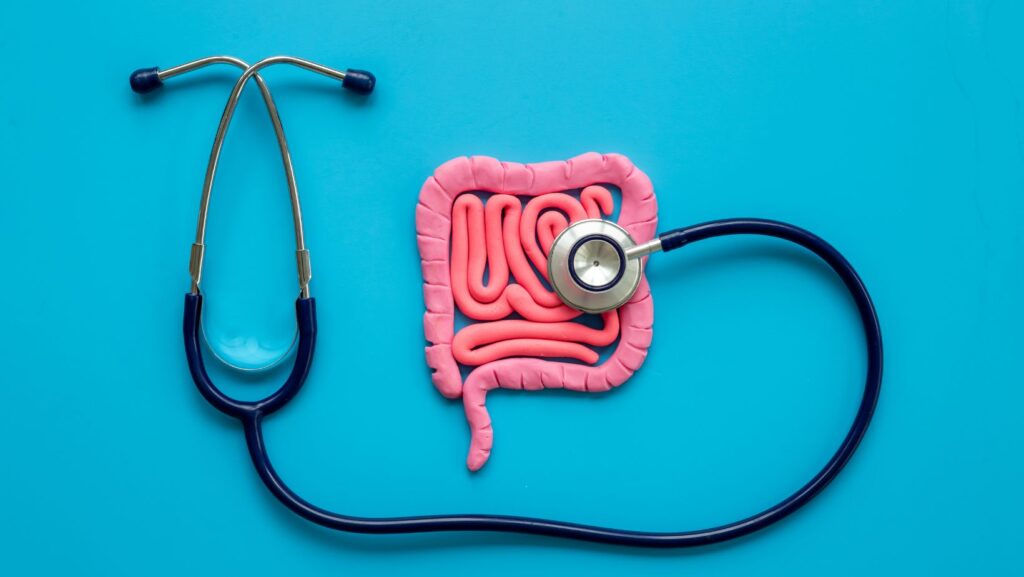Digestive health is a crucial part of our overall well-being, impacting everything from energy levels to immune function. Yet, many of us take it for granted, only paying attention when something goes wrong. Whether it’s occasional indigestion or more chronic conditions, maintaining long-term health requires a proactive approach. In this blog, we’ll explore insights from gastrointestinal (GI) specialists on maintaining a healthy gut over the long haul.
Understanding the Digestive System
The digestive system is a complex network of organs that work together to break down food, absorb nutrients, and eliminate waste. It includes the mouth, esophagus, stomach, small intestine, large intestine, rectum, and anus. Each part plays a unique role, and any disruption can lead to discomfort or illness.
Common issues like acid reflux, constipation, and bloating can often be traced back to dietary habits, lifestyle choices, or stress. However, chronic gastrointestinal conditions may require a deeper investigation and a more comprehensive management plan. For such chronic conditions, it’s best to see a gastroenterologist ASAP. Even mere constipation or bloating may require expert examination when the condition occurs frequently or doesn’t respond to medications. The gastroenterologist can evaluate your situation and recommend the best course of action, such as endoscopy, colonoscopy, etc.
Now, let’s dive into effective strategies for promoting gut health. In other words, lifestyle factors that directly impact your guts.
Diet and Your Digestive Health
GI specialists often emphasize the significance of a balanced diet rich in fiber, probiotics, and adequate hydration to promote digestion.
1. Fiber-Rich Foods: Fiber helps regulate bowel movements, prevents constipation, and can lower the risk of developing gastrointestinal problems such as diverticulitis and hemorrhoids. Fiber-rich foods include fruits, vegetables, whole grains, legumes, and nuts. GI specialists recommend gradually increasing fiber intake to avoid discomfort and drinking plenty of water to help fiber do its job.
2. Probiotics and Prebiotics: Probiotics are beneficial bacteria that live in your gut and contribute to a healthy gut. Prebiotics are the foods, such as yogurt, kefir, sauerkraut, bananas, onions, and garlic, that feed these good bacteria.
3. Adequate Hydration: Water helps break down food, aids nutrient absorption, and softens stool, preventing constipation. GI specialists recommend drinking at least eight glasses of water a day, but this can vary depending on your activity level and climate. It’s also important to limit beverages that can irritate the guts, such as caffeine and alcohol.
Stress and Digestive Health
Stress is often overlooked as a factor in gut health, yet it can have a significant impact. The brain and the digestive system are closely connected, and stress can disrupt digestion. Conditions like IBS are often exacerbated by stress.

One way to reduce stress on the guts is through mindful eating. By doing so, you can avoid overeating, reduce the risk of indigestion, and allow your gastrointestinal tract to process food more effectively.
Physical Activity and Digestive Health
While this may sound far-fetched, exercise can work wonders for your guts. Physical activity is good not only for your heart and muscles but also helps stimulate intestinal contractions, reduce the risk of constipation, and promote regular bowel movements.
1. Low-Impact Exercises: Low-impact exercises like walking, swimming, and cycling are particularly beneficial for gut health. These activities help keep food moving through your gastrointestinal tract, reduce bloating, and improve overall gut function.
2. Core Strengthening: Strengthening your core muscles can also have a positive impact on your guts. A strong core supports the muscles involved in digestion and can help alleviate symptoms of conditions like acid reflux.
Common Digestive Triggers
Certain foods and habits can trigger digestive issues, especially in individuals with sensitivities or underlying conditions. GI specialists often advise avoiding or limiting these triggers to maintain optimal gut health. Common triggers include:
- Processed Foods
- Spicy and Fatty Foods
- Overeating
- Eating large amounts of dairy products
- Ant-diarrheal medications
When to Seek Professional Help
While many gut issues can be managed through diet and lifestyle changes, some conditions require medical attention. Chronic symptoms such as persistent heartburn, unexplained weight loss, or severe abdominal pain should not be ignored.
GI specialists recommend regular check-ups, especially if you have a history of digestion issues. Early detection of problems can lead to more effective treatment and prevent complications.

In some cases, diagnostic tests such as endoscopy, colonoscopy, or stool tests may be necessary to identify the underlying cause of gastrointestinal symptoms. These tests can provide valuable insights and guide appropriate treatment strategies. Visit a gastroenterologist when you suspect extensive gut issues.
Conclusion
Long-term gut health is achievable with a proactive approach that includes a balanced diet, regular exercise, stress management, and avoiding triggers. And remember, if you experience persistent or severe digestion issues, consulting a specialist is essential for proper diagnosis and treatment. Your gut health is integral to your overall well-being—take care of it, and it will take care of you.
